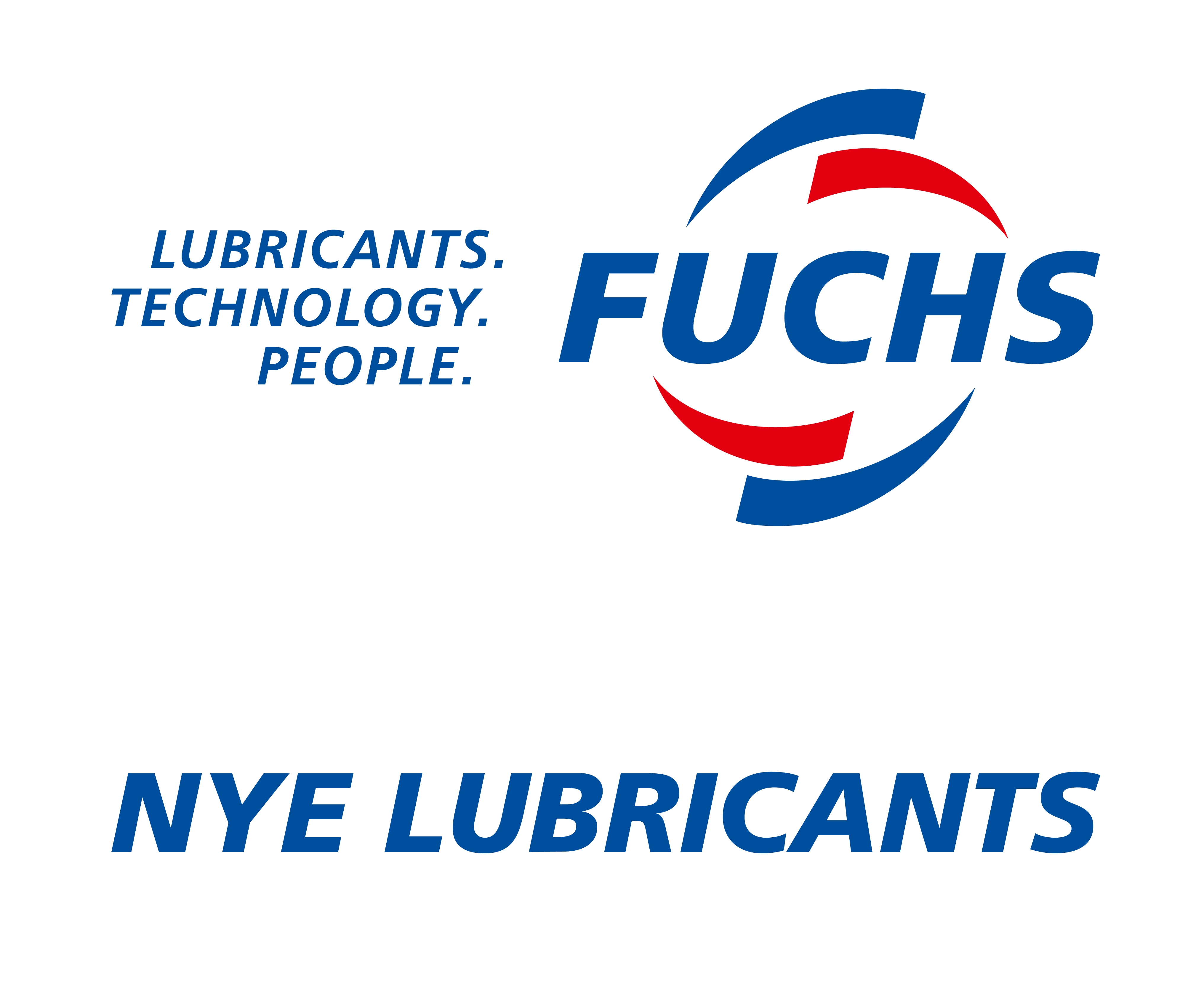Appliance
Appliance manufacturers are challenged to deliver innovation and value to everyday household products. Some areas of innovation focus on customer experience, low water/energy usage, smaller size, personalization, and shorter cycle times. Value is often delivered in the design, function, quality, durability and reliability of a product. Optimizing lubrication can enable the innovation that delivers this value.

Nye collaborates with the major players in the appliance market to provide answers to lubrication challenges. We develop and manufacture a wide range of greases, oils and innovative solutions for various damping, connector, bearing and gearing applications.
The Advantages of Lubricating Appliance Components
Vibration, moisture, corrosion, extreme temperatures and demanding load-carrying requirements are all common causes of component failure. Component failure creates serious problems for OEMs including poor customer experience, increased warranty costs, and safety concerns. The right lubricant can greatly increase the performance and extend the life of your product. Our lubricants:
- Seal & protect from environmental elements
- Extend operational life of components
- Reduce friction & wear
- Improve durability & reliability of mechanisms
- Increase load-carrying capabilities
- Control motion
A small amount of lubricant can create a barrier that protects components from the environment, wear, and ultimately, product failure. Nye manufactures products intended for lifetime lubrication, meaning the lubricant is going to last the life of the component it lubricates.
What to Consider When Selecting an Appliance Lubricant
There are many properties in a lubricant that you need to determine before making a choice, such as temperature range, viscosity, compatibility with plastics, color, chemistry, food grade approval, etc. The color of the grease can be an important factor, depending on the location of the application. If the component can be seen by the end-user, most likely a clear grease will be selected. Any of Nye’s lubricants can also be dyed to suit your application needs.
Lubricants for Appliance Components
Nye recommends impregnating oils for sintered bearings and grease for rolling element bearings. Oils provide the lubricating film that reduces friction and wear. Greases create a seal to protect bearings from contaminants and moisture.
| Product | Chemistry | Temp Range (°C) | NLGI Grade | Oil Separation (24 hrs @ 100°C) | Kinematic Viscosity 100°C 40°C |
|---|---|---|---|---|---|
| SYNTHETIC OIL 623B | Ester | -40 to 150 | N/A | N/A | 8.7 cSt 54 cSt |
| UNIFLOR 8512 | PFPE/PTFE | -50 to 225 | 2 | 6.8% | 15.8 cSt 65 cSt |
Modern appliance designs require more power transfer with minimal noise and heat generation. Lubricants minimize the friction that creates heat while dampening noise and vibration.
| Product | Chemistry | Temp Range (°C) | NLGI Grade | Oil Separation (24 hrs @ 100°C) | Kinematic Viscosity 100°C 40°C |
|---|---|---|---|---|---|
| RHEOLUBE 362HB | PAO/Lithium Soap | -40 to 125 | 2 | 2.2% | 5.7cSt 32.6 cSt |
| RHEOLUBE 380-G1 | PAO-Ester/Lithium Soap | -50 to 130 | 1 | 18.6% | 6.5 cSt 36.9 cSt |
| UNIFLOR 8512R | PFPE/PFPE | -50 to 225 | 2 | 6.3% | 16.5 cSt 67 cSt |
Grease for sliding electric switch contacts must have excellent film strength, low and high temperature capability and stay-in-place capability. For the smooth operation of switches, a damping grease is recommended to reduce noise and minimize wear. For connectors, synthetic hydrocarbons provide excellent film strength, broad temperature serviceability, and protection against corrosion.
| Product | Chemistry | Temp Range (°C) | NLGI Grade | Oil Separation (24 hrs @ 100°C) | Kinematic Viscosity 100°C 40°C |
|---|---|---|---|---|---|
| NYOGEL 760G | PAO/Silica | -40 to 135 | 2 | 1.5% | 39.4 cSt 400cSt |
| NYOGEL 774VLF | PAO/Silica | -54 to 125 | 2 | 2.3% | 111 cSt 903 cSt |
| RHEOLUBE 362HT | PAO/Lithium Soap | -54 to 125 | 2 | 2.9% | 6 cSt 33 cSt |
Slides and rails do not operate at high enough speeds or loads for a lubricant to form a fluid film that will separate surfaces. Therefore, it is important to select a grease that stays in place and does not rely on film formation to prevent wear.
| Product | Chemistry | Temp Range (°C) | NLGI Grade | Oil Separation (24 hrs @ 100°C) | Kinematic Viscosity 100°C 40°C |
|---|---|---|---|---|---|
| FLUOROCARBON GEL 880 | Dimethyl Silicone/PTFE | -40 to 200 | 2 | 0% | 7349 cSt 18407 cSt |
| RHEOLUBE 363F | PAO/Lithium Soap | -50 to 125 | 2 | 8.43% | 8.6 cSt 51.7 cSt |
| UNIFLOR 8172 | PFPE/PTFE | -45 to 225 | 2 | 3.8% | 18 cSt 167 cSt |
Proven Performance
Nye Lubricants has an extensive line of OEM-trusted synthetic lubricants that were designed with the challenges of an appliance engineer in mind. Nye partners with engineers to solve your challenges that can include: material compatibility, low PFOA, low VOCs, and low toxicity/NSF certified greases.
For technical specifications, evaluation samples, questions about any Nye products, or to discuss a lubricant custom-designed for your application — call us at + 1.508.996.6721.
Related Technical Articles & White Papers
GEARS: Study of Wear Properties of Environmentally Friendly Lubricants
The purpose of this study is to examine the tribofilm formation and the associated degrees of wear for environmentally friendly synthetic lubricants and their conventional counterparts.
Dr. Jason Galary
Read MoreGEARS: Synthetic Gear Lubricants Go Green
Originally published in Gear Solution magazine, this article details the benefits of lubricating gears including reduced wear and extended life.
Dr. Jason Galary
Read More

